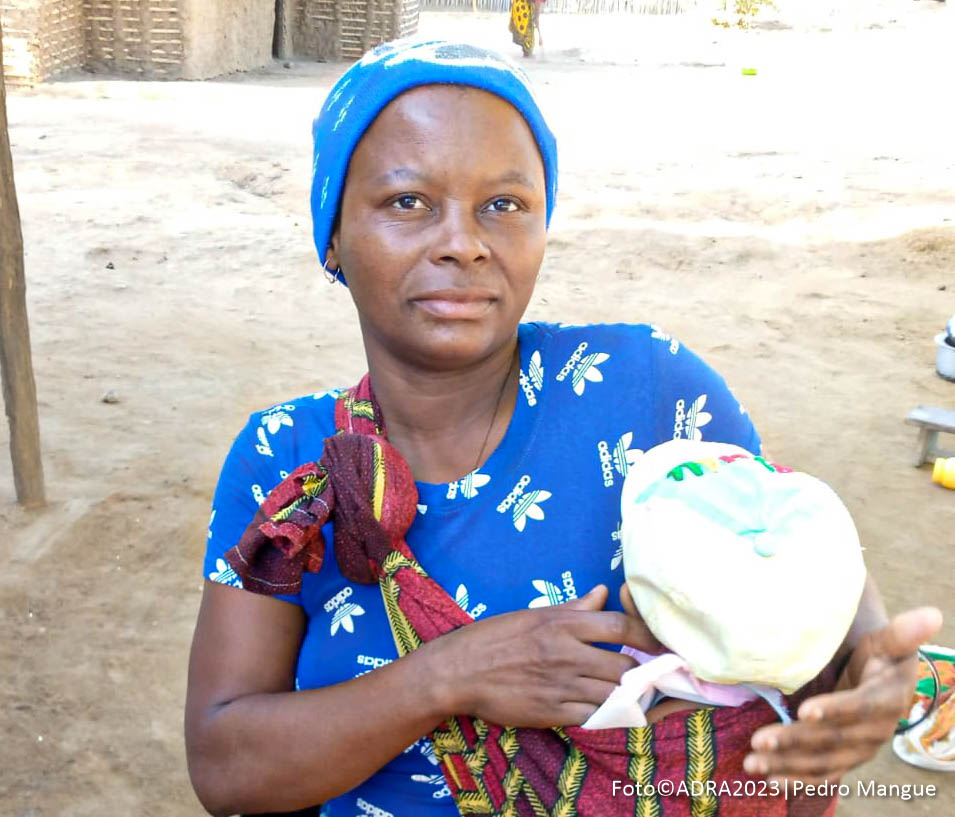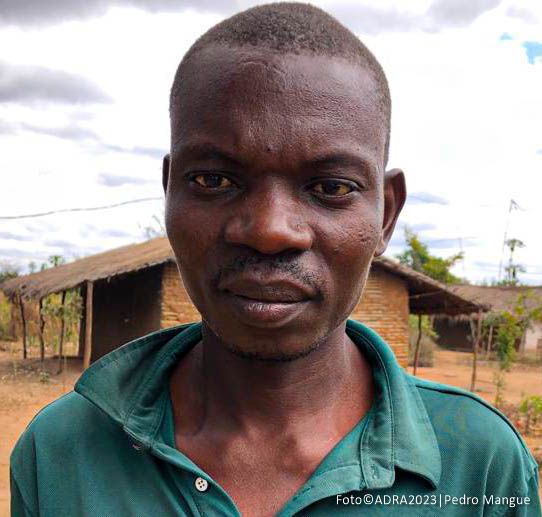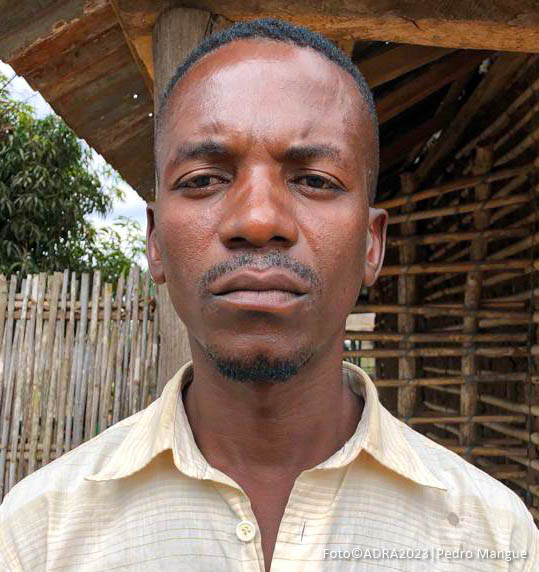German Government Funds Project to Strengthen Response to Humanitarian Crisis in Cabo Delgado Province
This is your chance to take that life-changing adventure, find your purpose in service, create life-long friendships, and see faith in a new, transformative way. ADRA Connections is ADRA's short-term volunteer program that takes you into the field to put compassion into action and make an impact for communities in need. No experience necessary!
This is a project to promote peaceful coexistence, develop local disaster risk management and strengthen livelihoods for small farmers (internally displaced people and host communities in Cabo Delgado province).
Named "Ukhaliherana", a local expression which in Portuguese means "mutual aid", the project aims to strengthen the response to the humanitarian crisis in Cabo Delgado province, through transitional assistance to support livelihoods with a view to guaranteeing sustainable livelihoods, strengthening food security, resilience and equity between internally displaced people and host communities.
The project is being implemented in the districts of Montepuez and Metuge in the province of Cabo Delgado, through a consortium made up of four organizations, namely: ADRA Germany (lead organization of the consortium), ADRA Mozambique (Coordination and implementing partner), the SEPPA Foundation, and the Islamic Council of Mozambique, over a four-year time horizon (November 2022 - July 2026).
While ADRA is focused on training small local farmers in matters of agriculture and livestock, savings and revolving credit (PCR), and risk and disaster reduction (RRD); the SEPPA Foundation focuses on aquaculture, reforestation and natural resource management, committees and food mediation and distribution; and finally, the Islamic Council deals with activities to develop social cohesion and build peace in the communities covered in the districts of Montepuez and Metuge in Cabo Delgado.
In interviews with the project's beneficiaries in the two districts covered, they expressed their satisfaction with the project's interventions, even though the project's activities had just started at the end of November 2022, but they also pointed out the challenges they faced, proposed solutions and their expectations regarding the project's impact on their communities.
Alcinda Monteiro, a resident of the community of Nlucune, administrative post of Mieze, in the district of Metuge, points out that with the interventions of the Ukhaliherana project, her

The community has seen significant changes in terms of improving their diet and highlighted the following:
"I'm very grateful for this project because we're learning a lot of good things. Our diet has improved significantly. Today, I know how to prepare nutritious porridge based on the products we produce from our fields. I already know how to make pumpkin jam for our children, and this has helped us to combat chronic malnutrition. It's true that we are short of a lot of things, such as coconut, but potatoes, for example, we can produce in our fields and they are very nutritious." he emphasized.
Paulino Alexandre, a small farmer and beneficiary of the project in the Montepuez district, says that the Ukhaliherana project is already boosting his life: "One of the components that is improving my life in this project is the savings and credit component. When I save my money, I have hope to move it. I'm a farmer, and when I need agricultural inputs such as seeds, fertilizers or insecticides, I ask for a loan from the group, and when the harvest comes I sell my products and get the money back. So the project is improving my life." said

Although in the initial stages of implementation, the beneficiaries of the Ukhaliherana project are very enthusiastic about the increase in capacity and the desire to expand is even greater.
Silvério Manuel, also a farmer and beneficiary of the Ukhaliherana project in the Montepuez district
He says that although savings and revolving credit (PCR) activities are a very sustainable component, the lack of equipment and new technologies to optimize cultivation has been one of his biggest barriers as a farmer and could impact the next agricultural season.

"Ahe savings and credit activities are being very beneficial to us, but we regret the lack of equipment and new mechanized production technologies. We lack the material to produce on a large scale. Our production is on a very small scale, which only serves to support ourselves, and this doesn't allow us to grow. We believe that if we had motor pumps and tractors, we could produce on a large scale and export our products." I said anxiously.
Aquaculture is one of the components developed by the SEPPA Foundation throughout this project. One of the strategies designed is to train fishermen in aquaculture.
fresh water; provision of adequate fishing equipment for fishermen; and the active participation of fishermen in organized and inclusive cooperatives, as well as participation in governance structures, is expected.
Over the four years of implementation, the project will cover 7,000 households, of which 3,500 in the Montepuez district and 3,500 in the Metuge district, the equivalent of 35,000 direct beneficiaries. Of this group, 60% are women.
This project is funded by the German government, through the Federal Ministry for Economic Cooperation and Development (BMZ), with a budget of €2,400,000 (two million four hundred thousand euros).
This is your chance to take that life-changing adventure, find your purpose in service, create life-long friendships, and see faith in a new, transformative way. ADRA Connections is ADRA's short-term volunteer program that takes you into the field to put compassion into action and make an impact for communities in need. No experience necessary!
